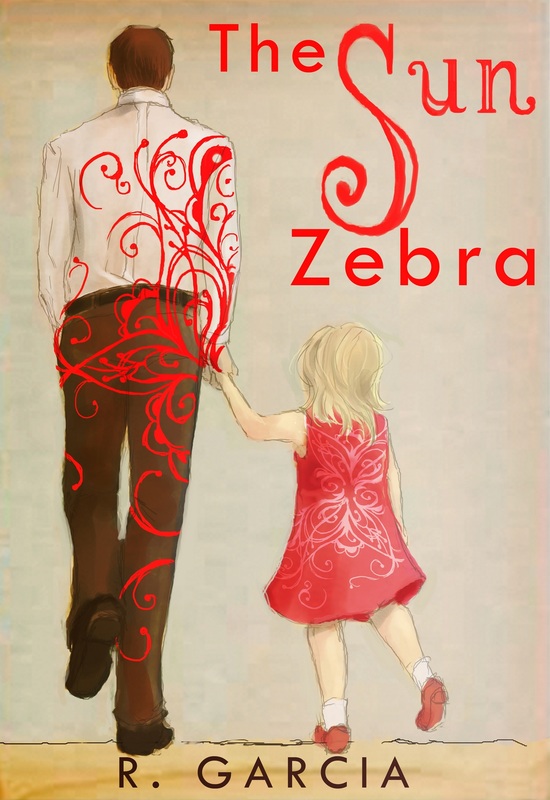|
From a technical point of view there are two essential things to solve or create when writing a novel. The first is the invention of the narrator. I think the narrator is the most important character in a novel. In some cases this importance is obvious because the narrator is also a central figure, a central character in the novel. In other cases, the narrator is not a character, not a visible figure, but an invisible person whose creation is even more complicated and difficult than the creation of one of the characters.
0 Comments
"The problem with novels is you can spend a whole year writing one and it might not turn out well because you haven’t learned to write yet. But the best hygiene for beginning writers or intermediate writers is to write a hell of a lot short of stories. If you can write one short story a week, doesn’t matter what the quality is to start, but at least you are practicing. And at the end of the year you have 52 short stories. And I defy you to write 52 bad ones. It can’t be done. At the end of 30 weeks or 40 weeks or the end of the year all of sudden a story will come that is wonderful. That is what happened to me. I started writing when I was 12 and I was 22 before I wrote my first decent short story. That is a hell of a lot of writing, a million words, because I was doing everything wrong…Write short stories and you will be in training and you’ll learn to compact things, you’ll learn to look for ideas, and the psychological thing here is that every week you’ll be happy. At the end of the week you’ll have done something. But in a novel you don’t know where the hell you are going. At the end of a week you don’t feel all that good…I waited until I was 30 before I wrote my first novel. That was “Farenheit 451,” it was worth waiting for. I was fearful of novels. I recognized the danger of spending a year on something that might not be very good. And your second novel might not be very good, and your third one. But on the meantime you can write 52 or 104 short stories, and you are learning your craft; that’s the important thing."
See the lecture from where this quote came from here. If you’re not lying awake at night worrying about your novel, the reader isn’t going to, either. I always know that when I get a good night’s sleep, the next day I’m not going to get any work done. Writing a novel is like working on foreign policy. There are problems to be solved. It’s not all inspirational.
But novels are never about what they are about; that is, there is always deeper, or more general, significance. The author may not be aware of this till she is pretty far along with it. A novel’s whole pattern is rarely apparent at the outset of writing, or even at the end; that is when the writer finds out what a novel is about, and the job becomes one of understanding and deepening or sharpening what is already written. That is finding the theme.
The novel was forbidden in the Spanish colonies by the Inquisition. The inquisitors considered this literary genre, the novel, to be as dangerous for the spiritual faith of the Indians as for the moral and political behavior of society and, of course, they were absolutely right. We novelists must be grateful to the Spanish Inquisition for having discovered before any critic did the inevitable subversive nature of fiction. The prohibition included reading and publishing novels in the colonies. There was no way naturally to avoid a great number of novels being smuggled into our countries; and we know, for example, that the first copies of Don Quixote entered America hidden in barrels of wine. We can only dream with envy about what kind of experience it was in those times in Spanish America to read a novel—a sinful adventure in which in order to abandon yourself to an imaginary world you had to be prepared to face prison and humiliation.
|
I am a trader of jacks and a jack of all trades!
Do you like this blog? You can have links to blog posts delivered to your e-mail address. Please click here.
Categories
All
Archives
January 2015
|


 RSS Feed
RSS Feed
